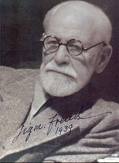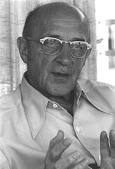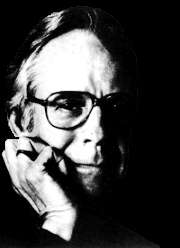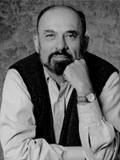Couples Counselling
I am also able to work with couples and offer couples counselling. Relationships can be difficult to manage. And you are not alone if you find yourself in relationship difficulty. Communication is often the key and together we work towards you and your partner getting a better understanding of each other which will hopefully benefit your relationship.
Relationships, like us, grow and change and just like us need some maintenance every now and then.
There is also the possibility you may want counselling to help with ending a relationship as a couple, this is also work we can do together.
I work with any couple who are in a relationship, this could be heterosexual or same sex married couples or partners. In addition this way of working could also benefit family members who are struggling in relationship with family members also, parent/child relationships for example.
Therapy Models I Use For Both Individual and Couples Counselling
Following is a brief description on some styles of therapy I work with. This is just for your info and so you have an understanding of the different types and backgrounds.
Essentially this is the theory behind the therapy that you don't need to worry about, as what 'happens' in the therapy room will feel like and is, a conversation between two people.

Transpersonal therapy
This therapy studies the spiritual aspects of the human experience.
Working in a transpersonal way means that you believe each client is born with unique qualities and their journey in life is to get back to their “true-self”, their unique spirit that they were born with, but that may have become layered with distortions through life’s experiences.
It is the distortions of qualities and the distance or lack of relationship with our true-self that can cause us problems and it is this that transpersonal therapy seeks to get back in touch with.
Psychodynamic therapy
Established by Freud (pictured) this therapy looks at behaviour that is maladaptive, ie behaviour that has been developed to reduce one’s anxiety and stress, but in fact becomes dysfunctional and non-productive. There is a belief that this maladaptive behaviour is unconcious and starts from an early age. However, it can also cause conflict in day to day life. Psychodynamic therapies focus on revealing, exploring and resolving these unconcious conflicts that are driving this dysfunctional behaviour.
This could be working with resistance, transference, defenses, painful memories and difficult issues.
Client or Person Centered Therapy
Carl Rogers (pictured) was the founder of this type of therapy and this is one of the most widely used models. A non-judgmental, comfortable environment is created for the client to work in. Genuineness, empathy and unconditional positive regard are given to the client and the approach is non-directive, which enables the client to find their own solutions to their problems.
In this work great emphasis is placed on the therapeutic relationship.
Humanistic therapy
This is a holistic (meaning all-inclusive) approach to clients lives and its foundation lays in existentialist and phenomenology philosophies. It investigates meaning, values, freedom, tragedy, personal responsibility, human potential, spirituality, and self-actualisation.
Humanistic therapists believe that everyone has a desire, or drive for self-actualisation.
The aim of much humanistic therapy is to help the client approach a stronger and more healthy sense of self, focusing on the actual lived experience of the client.
It includes several approaches to counseling and therapy including the development theory of Abraham Maslow (hierarchy of needs and motivations) and the existential psychology of Rollo May (pictured) (acknowledging human choice and the tragic aspects of human existence) and the person-centered or client centered therapy of Carl Rogers (clients' capacity for self-direction and understanding of his/her own development – see person centered therapy).
Techniques of humanistic work can included Gestalt therapy and body work therapy.
Existential therapy
This philosophical therapy works from the idea that a person’s inner conflict is as a result of an individual’s confrontation with the givens of existence. Yalom (pictured), an existentialist, names these as: the inevitability of death, freedom and its responsibility, isolation and finally meaninglessness.
Existential therapy starts with the belief that although humans are essentially alone in the world, they long to be connected to others. People want to have meaning in one another's lives, but ultimately they must come to realise that they can not depend on others for validation, and with that realisation they finally acknowledge and understand that they are fundamentally alone.
Cognitive Behavioural Therapy (CBT)
Here we work together to tackle patterns of behaviour or ways of thinking that are unhelpful to you.
There are many areas this way of working can help but it may include some of the following, disturbing thoughts, unhealthy ways of behaving, phobias, compulsive or repetitive behaviours (checking, washing etc) disturbing images from real life traumas etc.
During a programme of treatment we work together to bring awareness to behaviours and ways of thinking hopefully enabling you to make changes.




